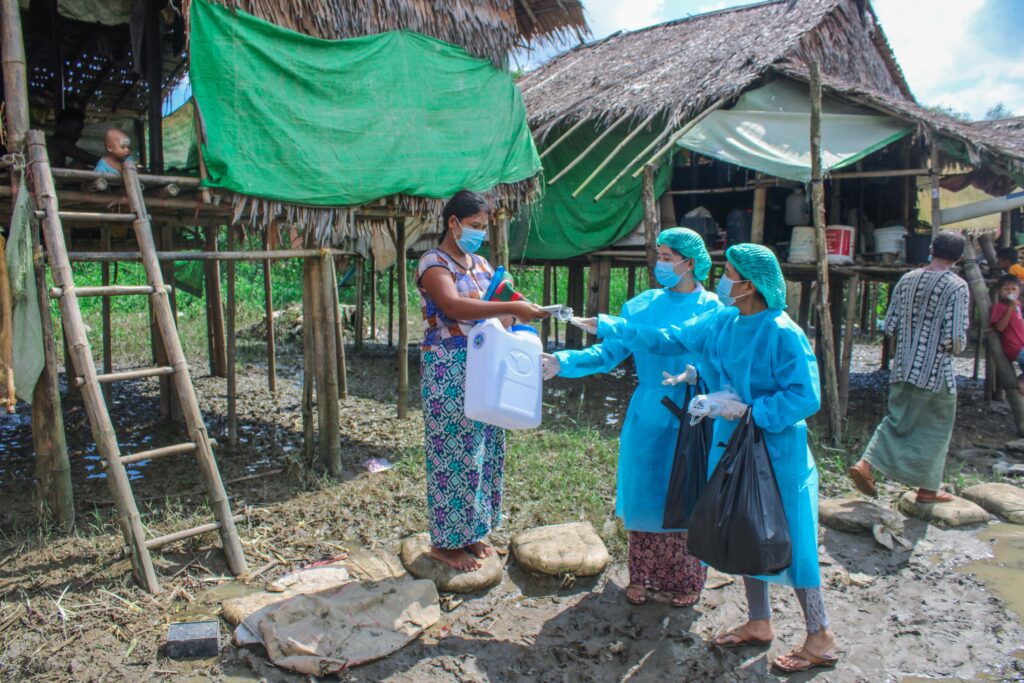

CARE is a global leader within a worldwide movement dedicated to eradicating poverty. Today, together with partners, our humanitarian projects reach 29 million people across 80 countries. And with 235 million people in need of humanitarian assistance and protection, the demand for humanitarian action is increasing due to climate-fueled disasters, protracted conflict and war, and a global pandemic
Humanitarian Programming in Myanmar
CARE International in Myanmar (CARE) is committed to advancing gender equality and the empowerment of women and girls through humanitarian action. Humanitarian response has the potential to increase and reinforce, or reduce, existing gender inequalities
CARE has been working in Myanmar since 1995, and has maintained long-term commitments to respond to humanitarian, recovery and development needs of women and girls in remote, rural, and conflict-affected areas, and women and girls in urban areas.
CARE has worked closely with government partners (before the military coup in February 2021) and local non-governmental organizations as well as other International NGOs and UN Agencies in its response to emergencies in Myanmar over the years. CARE has broad experience of implementing humanitarian programming in both conflict and disaster affected rural and urban areas. CARE places an emphasis on localization processes working with local NGOs and community participation and decision approaches. CARE’s key thematic areas in Myanmar, include GBV and protection; food security and livelihood assistance; cash and voucher assistance; WASH and, to a lesser extent, shelter and non-food items (NFI).
CARE has more than 30 years of experience in Myanmar responding to emergencies and implementing multi sector humanitarian assistance including responding to natural disasters (cyclones, floods, earthquakes, and landslides) and conflict related displacements (from Kayah to Rakhine). As part of CARE’s humanitarian programming CARE works on addressing inequalities and building resilience of both rural and urban communities.
In Myanmar, CARE is an active actor in national and regional based coordination including the Protection and GBV sub-cluster, Logistics Cluster, Cash Working Group, Food Security Group, WASH Cluster, Humanitarian Workstream DRR Working Group, Emergency Preparedness and Response Working Group, and in the INGO Forum. CARE also represents INGOs on the UN HCT, the MIMU advisory board and the Southeast Working group.

CARE’s current programming consists of working in eight states and regions in Myanmar. CARE has field offices in Lashio (Northern Shan State), Loikaw (Kayah State), Mawlamyine (Mon State), Dawei (Tanintharyi Region), Hpa An (Kayin State), Maungdaw (Northern Rakhine State). CARE also works with partners in Yangon and Mandalay. The CARE portfolio works across multiple humanitarian sectors including distribution of shelter, food, and non-food items; livelihood recovery, in kind and cash assistance (with accompanying supportive training) and GBV response through support to safe houses, hotlines, legal assistance and women and girls’ friendly spaces.
CARE currently works with 16 local partners across the country, many being women led organizations – a CARE strategic priority. These partners range from local to national and work in different sectors such as in GBV essential services or enhancing agricultural food production. CARE has three priority areas in its humanitarian programme focusing on Northern Rakhine, Northern Shan and Kayah State with plans to scale up its programming as the situation deteriorates and needs increase.
CARE is one of only a few INGOs present in Northern Rakhine having been present in Northern Rakhine since 1997, and continues to seek ways to address the negative impacts on Rohingya communities in Muangdaw and Buthidaung Townships working with host communities and those displaced with a strong possibility their circumstances will only deteriorate — especially as an outbreak of hostilities appears likely to occur between the Arakan Army (AA) and State Administration Council (SAC).
CARE has been in Northern Shan State since 2003 and continues to look for ways to address the negative impacts on communities resulting from decades of armed conflict. More than ten thousands of people have been displaced over the years due to fighting between ethnic armed groups and the military or between various ethnic armed groups in Shan State. Armed conflict continues and their situation will only get worse.
A third key focus area for CARE humanitarian programming is Kayah State and the most recent displacement as of January 2022. CARE has been present in Kayah since 2003 and is working across three townships and 95 villages following those displaced to Southern Shan. CARE works with the Southeast Working Group and Kayah Inter Agency Working Group, participating in a 2021 needs assessment targeting 120 pre-identified new IDP sites across Demoso, Hpruso and Loikaw Townships in Kayah State and Pekon, Pinlaung and Taunggyi Townships in Shan (South) State. CARE also conducted a Rapid Gender Analysis alongside the needs assessment to ensure women and girls prioritizes were captured.
CARE’s humanitarian strategy across all three States focuses on:
- Food security and livelihood assistance for displaced populations and host communities to mitigate the harmful effects of new movement restrictions imposed that have decreased community members’ ability to pursue livelihood opportunities and provide for their own basic needs.
- Nutrition focusing on pregnant and lactating mothers and children under five through community management of acute malnutrition and especially due to restrictive movement and access to limited services. CARE focuses on community training on nutrition, and training of community health focal points to monitor indicators of any further rise in malnutrition.
- Protection working with community members to raise awareness of, and improve responses to protection threats in Rakhine, Shan and Kayah communities, including human trafficking, GBV and child abuse. In particular, CARE and partners are setting up women and girl friendly spaces to provide safety, resources and information, and access to lifesaving services by delivering psychosocial support or referring survivors to health, legal, protection or other services according to survivor-centred principles. CARE further works with men and boys and community power holders to prevent and mitigate GBV and child abuse in their communities.
In the absence of access to services and the constant threat of conflict and displacement CARE recognises the need for improved community based First Line Emergency Response (FLER) where communities can put in place emergency plans for evacuation or sheltering, access to life saving aid and other strategies to increase their safety in the event of an outbreak of armed violence or a natural disaster.
CARE Myanmar is now adapting its country humanitarian response plan to the current context and to scale up its efforts in line with the HRP 2022 and the growing humanitarian crisis prioritizing Northern Rakhine, Northern Shan and Kayah State displacements and the negative impacts of active conflict on wider communities. CARE is a flexible and adaptable organization and has worked from small to large scale response ranging from short term distribution of life saving supplies to rebuilding of livelihoods with a gender and social inclusive approach.
